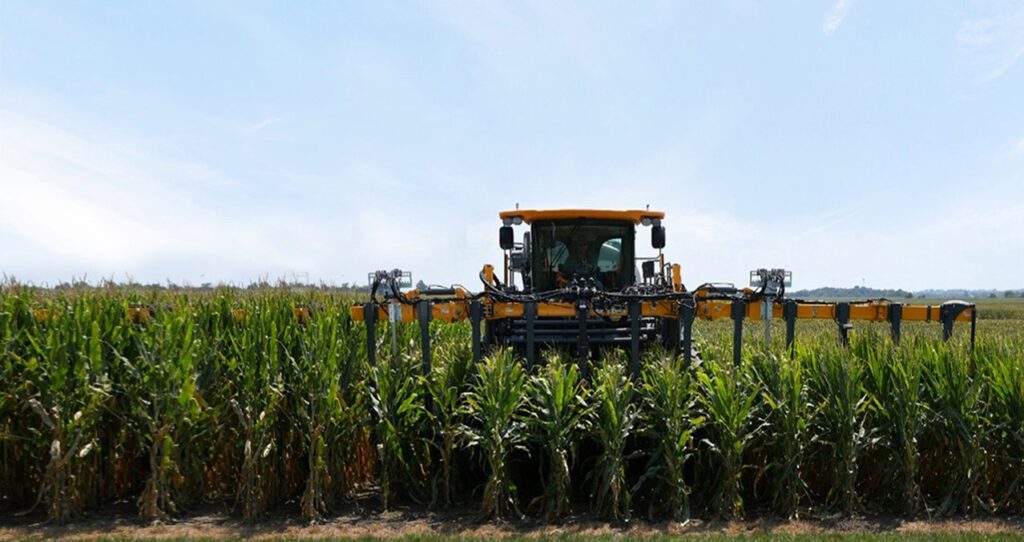With continually rising temperatures, extreme weather conditions, and climate change, agriculture has been facing challenges like never before. Extended droughts, heatwaves, and floods are becoming “the new normal,” but these events are posing a threat to food security around the globe.
Luckily, biotech is bringing new sustainable innovations to agriculture so we can tackle these challenges. One example: short-stature corn, developed by Bayer, a Biotechnology Innovation Organization (BIO) member.
As Bio.News reported last year, Bayer AG’s Crop Science division has developed short-stature corn hybrids that are much more efficient than conventional corn. Standing at about 5-7 feet tall, the new genetically modified corn is developed to capture sunlight and optimize nutrients better, compared to the typical 9-12 feet tall corn.
Bayer’s Preceon™ Smart Corn System makes corn more resistant to harsh weather conditions and strong winds, which means that farmers would be able to harvest more grain.
“Shorter plants also make the corn fields more accessible to standard ground equipment longer into the season, creating the opportunity for more timely, precise applications of crop protection products and other inputs,” Bayer added.
Short-stature corn 2.0
After a fruitful five-year collaboration for corn, soy, wheat, cotton, and canola, Bayer announced yet another project with U.S. food and agriculture innovator Pairwise, the company said in a press release.
“Pairwise’s proprietary base editing tools allow for specific changes at virtually any location in the genome, which has the potential to make targeted and much-needed improvements in agriculture,” said Bob Reiter, Head of R&D at Bayer’s Crop Science Division. “These kinds of new genomic techniques are extraordinarily focused and produce results much more quickly and precisely than the conventional breeding process, ensuring that we can accelerate the delivery of solutions that growers need.”
The new five-year, multi-million dollar joint project between Pairwise and Bayer is aimed at offering agricultural workers more resilient and sustainable corn varieties.
Using REDRAW™, or RNA-encoded DNA replacement of alleles with CRISPR – custom gene-editing tools developed by Pairwise, the two companies were able to achieve great results. Some of those include the 27 new traits that were transferred to Bayer’s testing program, resulting in “edited corn phenotypes with a 20 percent increase in kernel row numbers, which could lead to significantly more yield on the same number of acres,” said the press release.
According to Farm Progress, Pairwise is looking to grow corn with over 16 rows on an ear, and the company is “already conducting real-time, on-farm field trials of this new trait that is positioned to raise corn yield potential.”
Ryan Rapp, Chief Technology Officer at Pairwise, said that although the edits passed the company’s trait-testing, they will still be subject to further evaluation.




